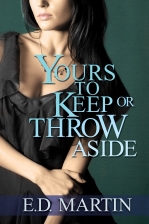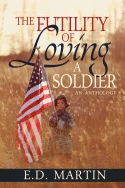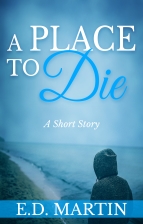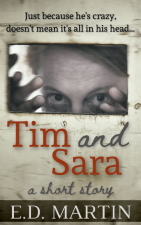In my novel The Lone Wolf, the male protagonist, Andrew, had a really crappy childhood. I modeled it on a composite of stories my students have told me.
I have twenty-seven students on my roster this year. Some are doing just fine and don’t need me checking up on them beyond a quick chat when we see each other in the halls. Others require daily interaction (sometimes beyond the time in the classroom; one student has been spending half the school day in my room).
And then there are the adopted kids – the ones who’ve wandered in with a friend and kept coming back, despite not having me as a teacher. One boy spends about an hour a day in my classroom (he has PE just down the hall, and a lot of the kids sneak away to my room when they get bored or feel overworked). C will be taking my class next year, and I’ve been helping him with the work in a couple classes.
C reminds me a lot of my Andrew. He’s been kicked out of one class for cussing at the teacher, and he believes his behavior was completely justified. He doesn’t like a teacher in another class, so he flat-out doesn’t go. He starts arguments with another student who wanders into my room.
We’ve been talking about his anger issues, and the best way to respond, and today he told me it’s because he was abused as a kid: punched in the face, stuff thrown at him, slammed into walls (I take all this with a grain of salt; kids tend to exaggerate). It stopped when he punched his dad back and then ran away. The police didn’t believe his side of it, just what he did to his dad, and so he says DHS didn’t investigate.
Here’s a scene from my novel, from when Andrew is seventeen:
[My stepdad] Gary threw me up against the wall. My head cracked against it so hard little specks of light danced in front of my eyes for a moment. We glared at each other with pure hatred. I’d never been able to do anything right according to him, so I stopped trying.
“Where you been?”
I could smell the whiskey on his breath. My head hurt, I was tired, and I didn’t want to deal with this. “None of your damn business,” I told him, knowing exactly how he’d react.
Sure enough, crack. My head hit the wall again and blood spurted out my nose. Pain raced outward from the center of my face.
Something inside me snapped. Gary had broken my nose one too many times. I made a fist and punched him in the gut. Then real quick I got him in the face. Now it was his turn to bleed.
At this point Mama was in the kitchen. She looked at us both, me standing above my stepdad with blood dripping down my face, him laying on the floor holding his own nose. She was sobbing of course, her reaction whenever I disappointed her. I disappointed her a lot.
“Sorry, Mama.” I looked at Gary on the floor. His stomach was exposed as he lay there so I kicked him, not hard but hard enough.
“Don’t you ever f—ing touch me again,” I told him, and I walked out the door.
Like Andrew, C sees the world as a battle, where everyone is out to get him and he has to defend himself against any perceived threat. He says the abuse has stopped, that his dad is in therapy and really regrets everything that happened, and that he’s trying to put it in the past, but it’s not that simple. C isn’t okay, and we shouldn’t expect him to be. I could tell it meant a lot to him to hear me say that.
I’ve thought about sharing this chapter with my kids, as I think they could really relate to it (5 of my 27 have regular contact with their fathers), but the language isn’t really appropriate, although it’s definitely words they use on a daily basis.
After listening to C today, I think I might go ahead.





